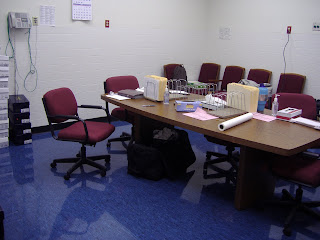




Rosendahl Foot & Shoe Center can help with most foot problems. From diabetic related issues to other foot health concerns, there's likly a non-surgical solution with properly fitted shoes, foot orthotics, and Rosendahl's professional certified pedorthists to take care of all your needs.
 osition.
osition.


Pr-ulcerative callous formation or peripheral neuropathy with a history of callous formation
Foot deformity
Poor circulation
History of previous foot ulceration
Previous amputation of the foot or part of the foot
Foot Care Products
Services Provided
